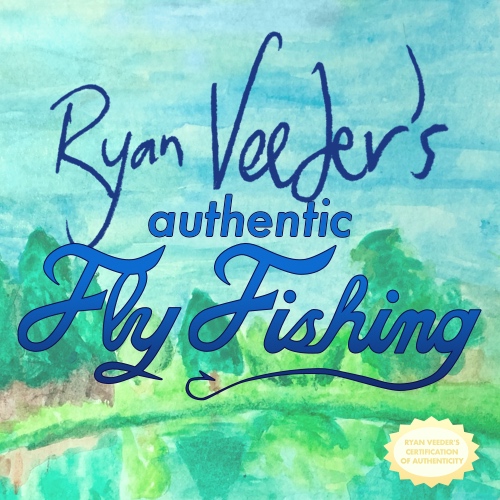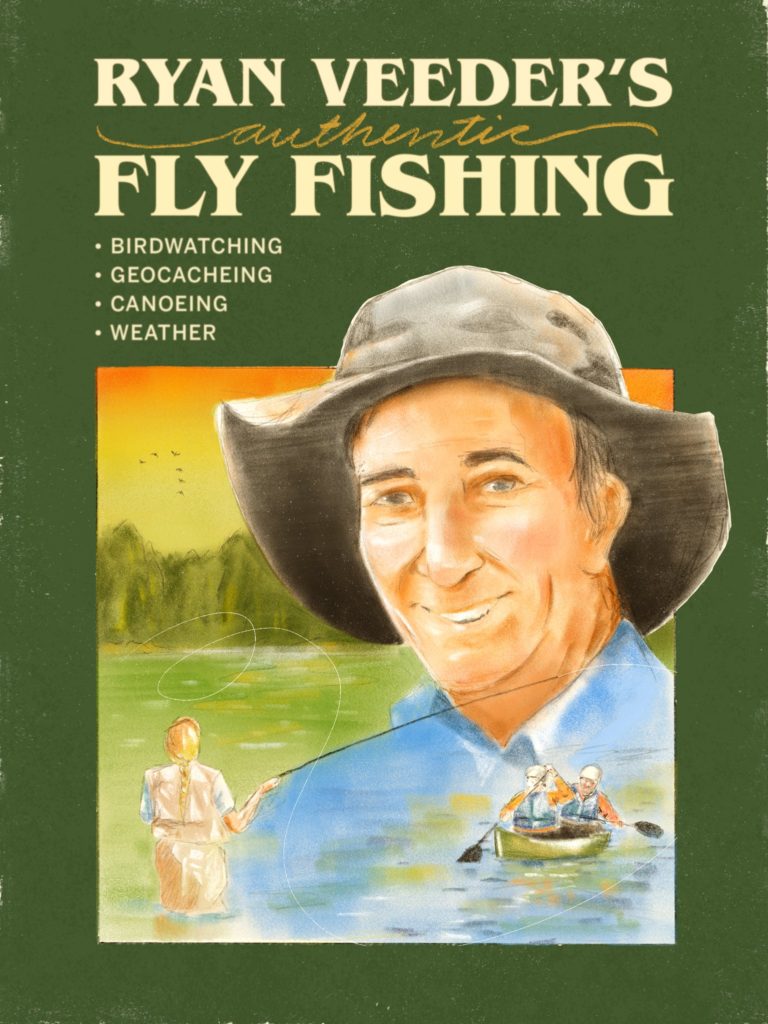Good grief I did so much stuff this year.
Continue readingCategory Archives: video game
2021 Year in Review
I love making things. I feel I am my best self when I am creating something. Do you feel the same way? How interesting.
But if you used this blog to keep up with all the things I make, you would get the impression that I never make anything (and may in fact be dead). Let’s correct that. Let us, in the middle of 2024, do my 2021 Year in Review.
My 2020 Year in Review is here.
And my 2021 Year in Review is HERE.Development Diary: “The Little Match Girl”
It looks like I was writing this for an audience, so I’ll let it introduce itself.
HEY: Don’t read this if you haven’t played the game yet. Come on.
yeah, come onSome Etymologies in The Legend of Zelda: A Link to the Past
A sentence on Zelda Wiki posits that “Sahasrahla may be named after the seventh chakra of Hinduism, Sahasrara.” Sahasrahla, it goes without saying, is the wise old man who guides your quest in the early sections of A Link to the Past. His name, it goes without saying, is weird.
When we see sentences like these, it is wise to be skeptical. There’s no obvious reason for Sahasrahla to be named after a chakra, and the author of the sentence offers no support for the supposition. But it is not wise to conclude on this basis that the theory is incorrect. It is not wise to dismiss an idea out of hand just because at face value it seems goofy. Wise people are aware that the objective world, the world of facts, is extremely goofy.
Continue reading2020 Year In Review
When people look back on the year 2020, their first collective thought will undoubtedly be “Wow, Ryan sure got a lot done that year.” To facilitate this sort of reminiscence, I here present my YEAR IN REVIEW.
read on, why don’t youUncovered! CROCODRACULA: THE BEGINNING

You can play this game right now! But you should probably find out where it came from first:
A few months ago, I came into the possession of a copy of a very old, very rare text adventure game. I happened to be poking around in—Well, maybe I should start from further back.
THE STORY SO FAR
A few years ago, I came into the possession of a copy of a very old, very rare text adventure game titled Crocodracula: What Happened to Calvin. Feeling an obligation toward the preservation of an oft-overlooked art form, I—
—Actually, I should go back even further.
Continue readingThe Imitable Process of Ryan Veeder: Additional Autosaving Techniques for Inform 7
There are a few more things I should say about implementing autosaving in Inform 7. In the previous posts I neglected to address how these techniques interact with the default verbs UNDO, SAVE, and RESTORE, which was a bit of an oversight. I’ll get around to that now, and then I’ll show you a couple of other neat things you can do with autosaving.
Continue readingThe Imitable Process of Ryan Veeder: Advanced Autosaving in Inform 7
In a previous post I explicated the basic principles of how to automatically track and restore the player’s progress in an Inform 7 game. What it really comes down to is this:
- Represent the parameters of your game’s progression in a table.
- Whenever the player does something worth autosaving, record it in that table, and then write that table to an external file.
- When play begins, read that external file and use those data to reconstruct the player’s progress.
I said we’d get into some ways of representing progress in a nonlinear game. The first thing that comes to mind is my game The Lurking Horror II: The Lurkening, in which the player character learns various spells that let you manipulate the environment and solve puzzles. Learning certain spells requires you to learn certain other spells first, but the “tech tree” has enough branches that we can’t predict in what order the player will discover everything.
Continue readingThe Imitable Process of Ryan Veeder: Basic Autosaving in Inform 7
Ryan Veeder’s Authentic Fly Fishing autosaves your progress! This is kind of noteworthy, at least in the realm of text adventures. I don’t think Ryan Veeder’s Authentic Fly Fishing is the first text adventure to autosave your progress, but it might be the first game to do it in Inform 7.
Why bother with this feature for this particular game? Well, it was kind of necessary to make another feature work: Ryan Veeder’s Authentic Fly Fishing also uses the real-world date for certain “real-time” elements. The game can’t really keep track of these elements (say, counting how many different days you’ve played) if players are able to “change history” by loading outdated save files.
But there’s another reason, one which may more likely be applicable to your own personal design interests: Ryan Veeder’s Authentic Fly Fishing is supposed to be an extremely casual experience. There is no urgency for the player to reach the ending. (There is no ending.) It’s not supposed to be a battle of wits between the author and the player. You’re meant to visit the world of Ryan Veeder’s Authentic Fly Fishing for however long you want, whenever you feel like it, and maybe you’ll make some “progress” by finding something new, or maybe you won’t. It’s supposed to be very chill.
Requiring players to manually save their state at the end of a play session and then restore their state the next time they show up (being careful not to restore an old file and lose progress!) would detract from the casual experience I wanted to create. So it was doubly important for me to take the burden of progress management off the players’ shoulders.
Maybe you’d like to do something similar with your own Inform 7 project. Here’s how you can do that!
Continue readingRyan Veeder’s Authentic Fly Fishing
My new text adventure is called Ryan Veeder’s Authentic Fly Fishing!

It’s an experimental text adventure in many ways: It doesn’t have an ending, for one thing. Plus it autosaves your progression! It’s experimental in some other ways too…
Here’s an alternate cover by Twitter friend @coolboy5650:

You can play it right now, and heck—why wouldn’t you?